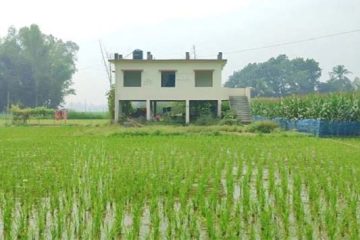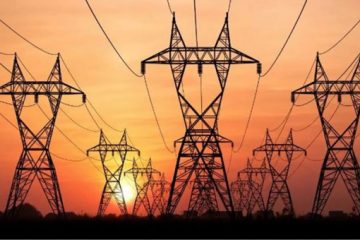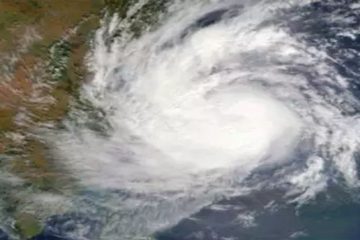A.T.M.Nurun Nabi
The bus fare in the city of Dhaka has remained unchanged despite cut of fuel price twice by the government in view of massive fall in the international market, so far assessed from talking with the city commuters. Some of them view the latest price cut as a measure to help the bus owners make more profit no matter what the passengers feel, some say that the BRTA has no control over the association of bus owners (ABW), which has made them reckless, and some blame the passengers’ patience. A bus passenger on condition of his name not to be disclosed said, “If you sell the fuel to the bus owners free of cost, they will not bring down fare proportionately, rather, may try their best to keep it unchanged as saying that the price of wheel, tyre, tube, spare parts is costly.”
Another commuter said, “Most of the bus owners have no direct correspondence with the passengers, hardly speak with them to know their problems, and take decision accordingly. It is because they depend on the reports submitted by their employees and come to conclusion accordingly.”
On Mohammadpur-Motijheel route, every company operating buses by Satmashjid Road, New Elephant Road, Bhasani Road, Topkhana Road and Bangabandhu Avenue continues to realize taka 12 despite price cut twice. When asked, an employee of a bus company said, “Please take up the matter with the owner(s). We just execute what they say.” Interestingly the distance between Motijheel and Mohammadpur will not be more than six kilometers and, so, one can easily calculate to what extent the passengers are paying extra fare.
This is not the case of Mohammadpur-Motijheel only; most of the bus companies follow this trend. Since the passengers have no second choice, they are constrained to bear the burden. To get rid thereof, government must build its own transport system as did the then East Pakistan Government before independence. East Pakistan (renamed Bangladesh after independence) Road Transport Corporation (BRTC) established in 1961 earned tremendous popularity within a short period and pushed the private bus companies behind in revenue earnings. BRTC maintained its supremacy till late eighties but soon after things began to change following intervention by the post-nineties governments. Sadly during the period 2001-2006, BRTC was totally withdrawn from road, keeping countable ones in service.
Rozario (not real name), a resident of Goran, said that the government of Bangladesh may take lesson from the global meltdown. Total dependence on the private service is not wise, instead a parallel service should be built up in order to overcome the sudden fall of private service. One of the major problems of the government of Bangladesh is that some of its ministers being businessmen, they uphold the interests of the business class first and going to do it they ignore people’s interests.
BRTA may appoint honest officials to calculate the distance between two bus stations and then will fix price. The job is not hard, rather within reach. If it is done, the bus fare will come down significantly.
Courtesy: thebangladeshtoday.com






